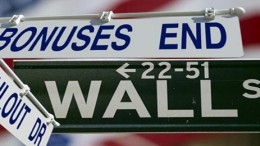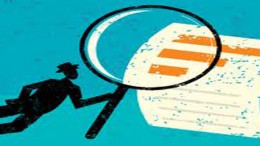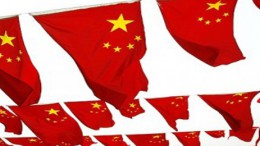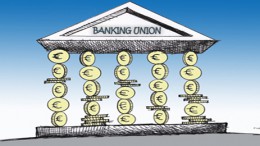MADRID | By Raimundo Poveda | With the typical delays of the first willful calendars, the European Community Resolution that regulates a common supervisor for the euro zone and guests (SSM, single supervisory mechanism) was finally published. Press and politicians are announcing the Banking Union, a new name for an invention of limited scope. We already had a common banking market since 1989, and a European Banking Authority since 2011. The Banking Union will turn back the financial Balkanization process triggered by the crisis. So entities will get abundant credit at unified interest rates, just as during the bubble; SMEs in the South will pay for credit the same as German SMEs; and there will be credit! We will go back to the Arcadia Felix of the first five years of the century. True? Well, maybe not.





